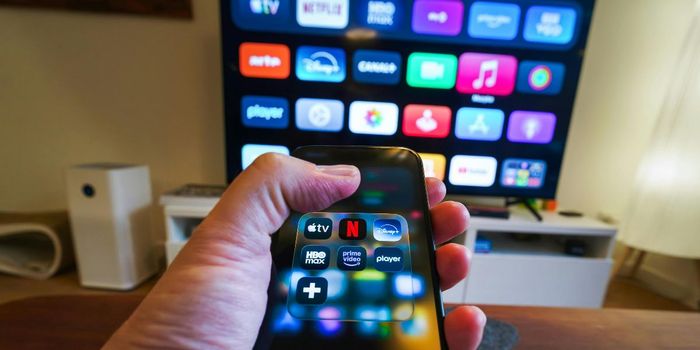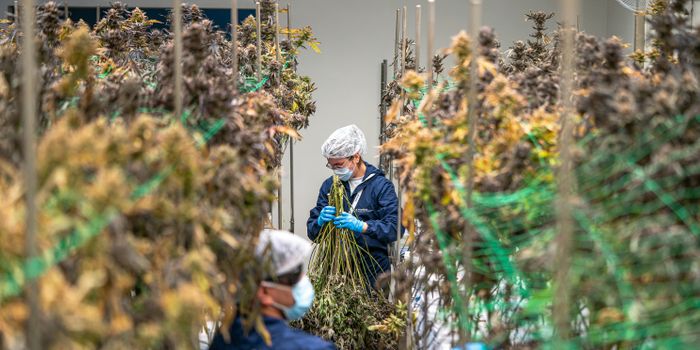Can A Sugar Tax Cut Consumption and Improve Health?
Sugary beverages and snacks are a temptation for those with a sweet tooth, but they are not a healthy choice as part of a regular diet. In the United Kingdom, a study that looked at taxing sweet treats and drinks showed that consumption of candy or sugar-sweetened beverages (SSBs) could be reduced if a tax on these snacks and drinks was levied.
Experts from the London School of Hygiene & Tropical Medicine, the University of Cambridge and the University of Oxford, looked at what consumers might do if there was a tax of 10% added to the current prices of chocolate, confectionery, cakes, and biscuits. They also looked at whether or not there would be a reduction in consumption of SSBs if a similar tax were applied to the purchase of drinks with high amounts of sugar. What they found was that taxing the snacks would reduce those purchases but would also impact the purchase of beverages as well.
Lead author Professor Richard Smith from the London School of Hygiene & Tropical Medicine explained in a statement, "We know that increasing the price of sugar-sweetened beverages is likely to generate a small, but significant, reduction in their purchase. However, there has been little research on the impact that a similar price increase on other sweet foods such as chocolate, confectionery, cakes, and biscuits could have on the purchase of sugar. This research suggests that taxing these sweet snacks could bring greater health gains and warrants detailed consideration."
The study was observational but was the first to provide analysis of how shoppers at different income levels would react to a tax placed on some of these treats. The results showed that adding a tax to sweet snacks would reduce consumption by about 7%. Earlier research has shown that adding a tax to SSBs would reduce consumption of those drinks by about 6-8%
The data on purchasing habits was collected from about 32,000 homes in the UK across 13 different food categories and three income levels. When snacks like chocolate and candy were taxed, those purchases declined, but so did purchases of sugar-sweetened soda and other beverages. The team was looking to find out if taxing drinks or snacks would result in less consumption, but what they found was more complicated than picking just one kind of food to target. Targeting snacks for a tax increase spilled over into reduced demand for drinks, and when the data was broken out into categories of biscuits (cookies), and cakes, a reduction in purchases of those items was found when drinks were taxed, so the lines are a bit blurred.
The study covered a two-year period in 2012 and 2013, and the data collected was comprehensive including social and demographic information on shoppers and their purchasing habits. Not surprisingly, a direct effect was seen in lower income homes. When the price of biscuits was raised by 10%, sales of chocolate and confectionaries dropped by 3%. In the group of shoppers who had higher incomes, the tax on cookies did not impact purchases. One group of snacks stood out, and that was chocolate and candy. When prices for these sweet treats went up, consumption dropped across all 13 food categories.
While the results are still being analyzed, it's clear that increasing the price of one kind of snack or beverage impacts the consumption of other foods. Finding the right target is going to require more research since too much sugar in the diet is linked to cardiovascular health, obesity, diabetes and even some forms of cancer. Take a look at the video to learn more.
Sources: London School of Hygiene and Tropical Medicine, British Medical Journal









